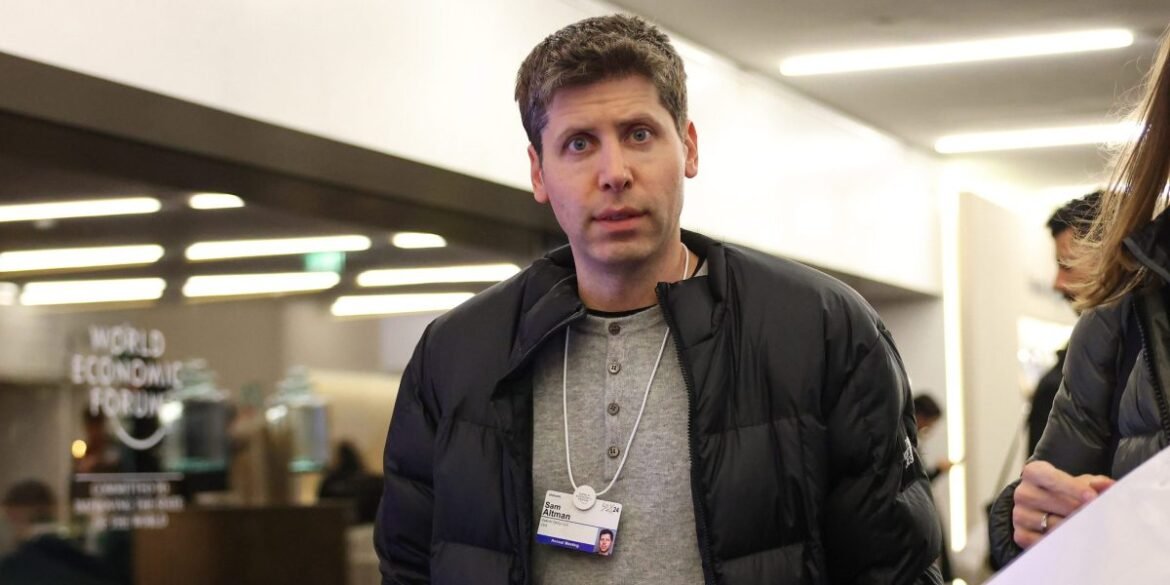
OpenAI co-founder Sam Altman wants to raise up to $7 trillion for a new AI chip project. That’s a lot of money. To be specific, it’s more than the entire federal budget, twice the U.K.’s annual GDP, 13 times 2023’s global chip sales, or enough to pay for over two years of universal healthcare in the U.S.
But comparisons aside, Altman is serious about the proposal and is already in talks with investors, including the government of the UAE, to raise cash, the Wall Street Journal reported last week, citing unnamed sources.
It’s a big dream that has drawn in critics. Sam Lessin, a Silicon Valley investor and early Facebook executive, penned a piece titled “The Era of Absurdist Capitalism” that labeled Altman’s $7 trillion fundraising move nothing but “showmanship” that was meant to draw “loyalist” cult-like followings to AI. And Sasha Luccioni, climate lead and researcher at the open source AI platform Hugging Face, warned that the natural resources required to develop AI systems and chips with $7 trillion of funding would be enormous.
“The amount of natural resources that will be required is just mind-boggling,” she told VentureBeat. “Even if the energy is renewable (which it isn’t guaranteed to be), the quantity of water and rare earth minerals required is astronomical.”
Altman’s response to the critics was brief, but to the point: “You can grind to help secure our collective future or you can write substacks about why we are going [to] fail,” he wrote in a Sunday post on X.
There were certainly more than a few substacks and articles detailing some of the problems with Altman’s $7 trillion dream. Gary Marcus, a noted AI critic (following a career as a machine learning founder and executive himself) and professor emeritus of psychology and neural science at New York University, cautioned that the potential impact of the project exceeds natural resources to include the labor market, misinformation, and cybercrimes. But more than anything, he just wondered why Altman believes large language models are the only path to securing “our collective future.”
Marcus noted that many new technologies have failed to deliver the productivity boost and benefit to humanity that was first envisaged. With that in mind, he argued that maybe it makes sense to spread the wealth a bit and not put all our eggs in the AI basket.
“$7T might serve OpenAI well, and raise your public profile, but would it serve humanity? How certain of that bet can we be? What’s the rush?” Marcus asked in his Sunday Substack, arguing that “the risk of premature commitment looms large.”

